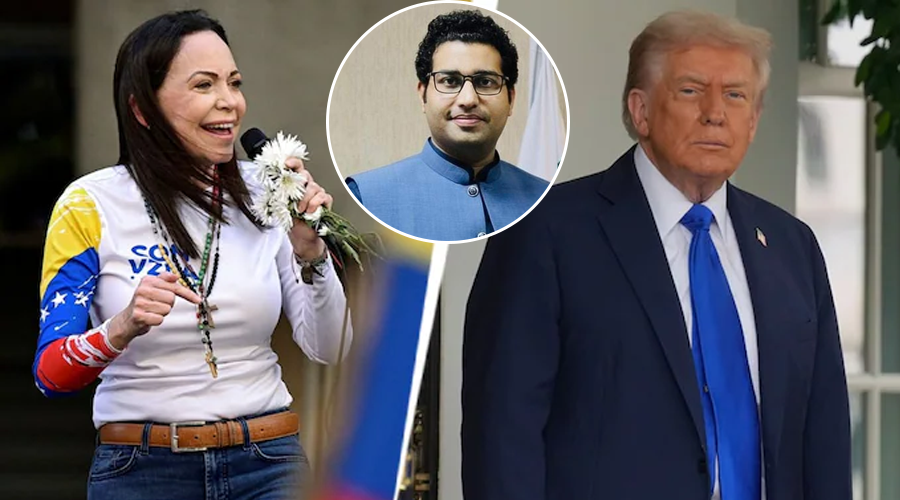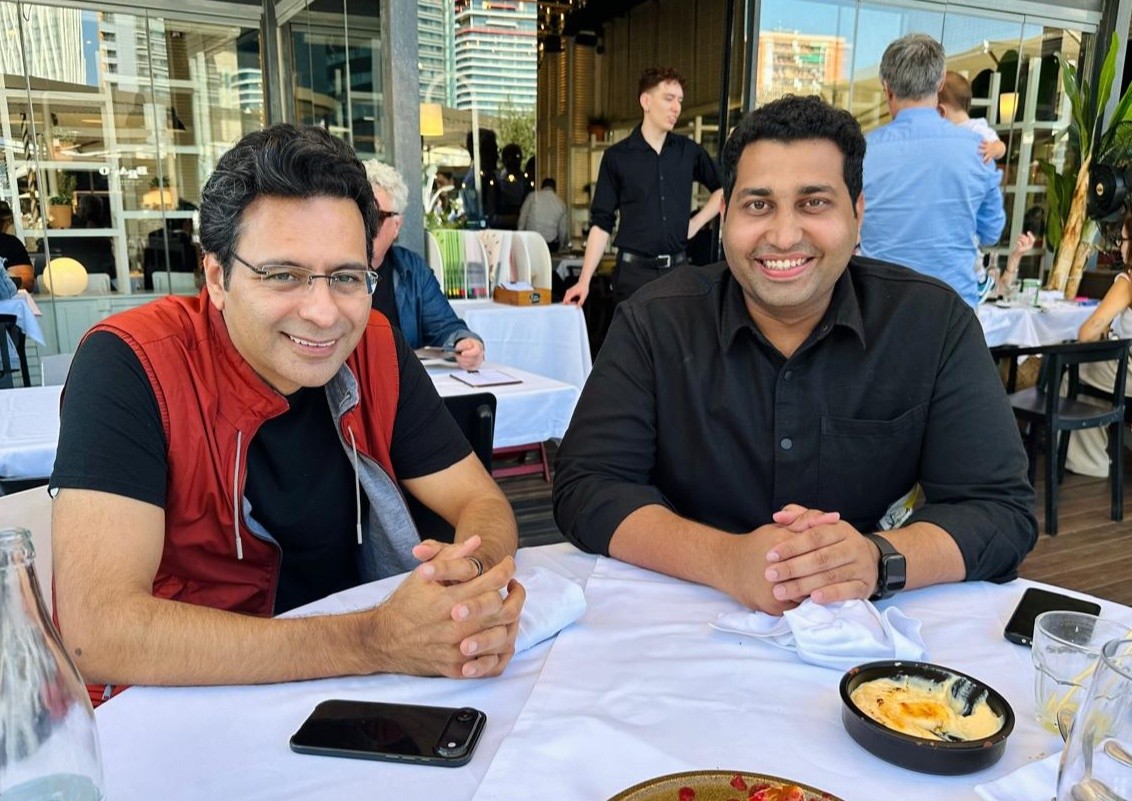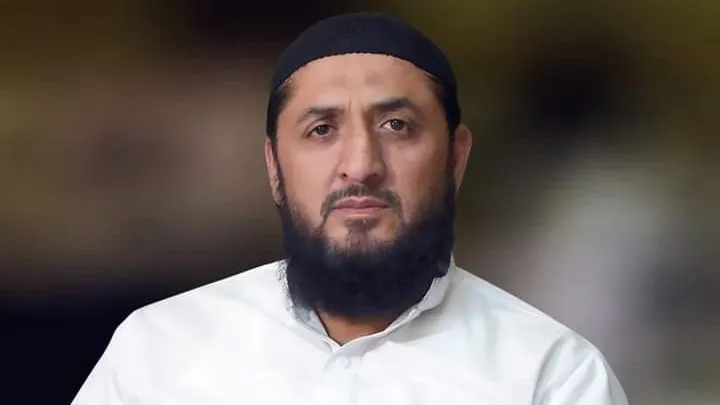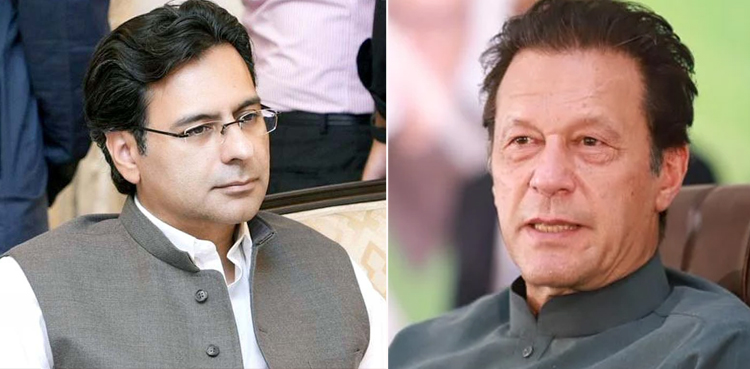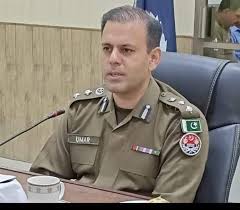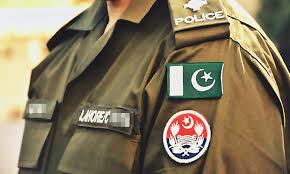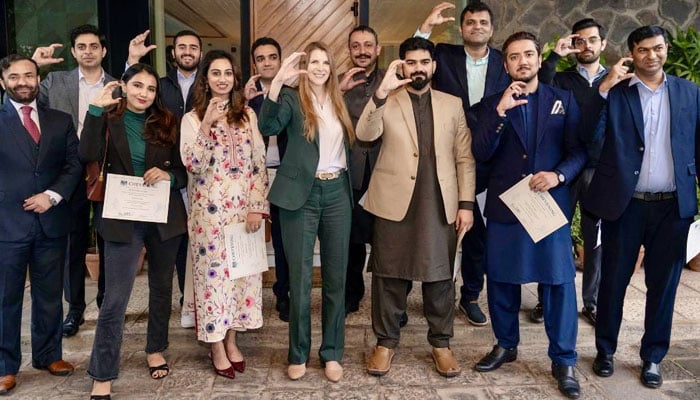Metro53 - By Farrukh Shahbaz Warraich
In recent years, United States President Donald J Trump has become the centre of a rather unexpected global debate — his nomination and consideration for the Nobel Peace Prize. A number of countries and well-known international figures have either supported or recommended his name, acknowledging his unorthodox yet tangible efforts to promote peace in various conflict zones.
Trump himself publicly stated that he deserved the honour, and in a surprising gesture, Venezuela’s Nobel Peace Prize winner thanked him, saying, “I received this because of you.” Trump replied, “Yes, you got it because of me, though I never asked for it.” Even Russian President Vladimir Putin remarked that the Nobel Committee made a mistake by not awarding Trump, insisting that he had earned it for helping to prevent wars and restore stability.
It is rare in modern history for leaders of rival nations to express such agreement. This consensus, crossing political and geographical divides, strengthens the case that Trump’s contribution to global peace was both visible and significant.
During his presidency, Trump engaged directly with adversaries and opened diplomatic channels where none had existed for decades. His talks with North Korea reduced nuclear tensions in East Asia, and the Abraham Accords — normalising relations between Israel and several Arab states — marked a historic diplomatic breakthrough. These accords reshaped the Middle Eastern landscape and demonstrated that dialogue could replace decades of hostility.
Notably, no new major war began under Trump’s administration — a rarity in contemporary American politics. His approach towards Iran, though confrontational in tone, avoided escalation into open conflict. He also encouraged restraint between Pakistan and India during tense moments and maintained a careful balance in the Russia–Ukraine situation, which remained contained throughout his tenure. In Gaza and other parts of the Middle East, his administration’s diplomatic efforts helped reduce civilian casualties and supported temporary ceasefires.
Recognising Trump’s record would not be about endorsing his politics but acknowledging measurable outcomes in reducing conflict. The Nobel Peace Prize is intended for those who advance dialogue and stability — criteria that Trump, by any objective assessment, fulfilled.
If the Committee does not honour him now, it should seriously consider doing so in the coming years. Peace is often achieved not through popularity but through prevention, and Trump’s years in office were marked by fewer wars and fewer lives lost.
Donald Trump remains a controversial figure, yet controversy should not overshadow contribution. His diplomacy may have been unconventional, but its results cannot be ignored. If the Nobel Peace Prize truly celebrates the preservation of peace, then Trump undoubtedly merits consideration — if not today, then certainly in the near future.

